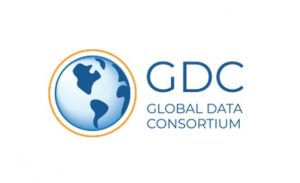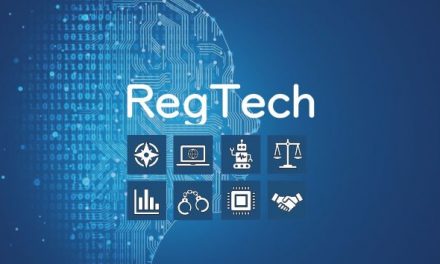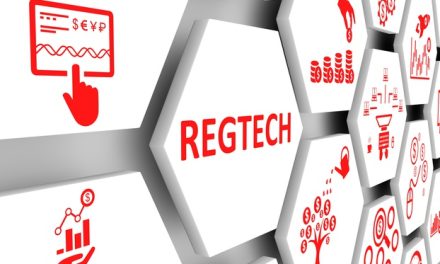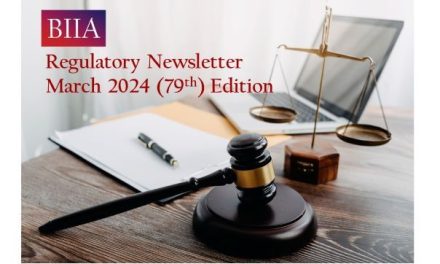One key aspect of effective electronic identification is giving customers the ability to know who they’re doing business with. In the eIDV industry, this is known as Know Your Business.
The pandemic and the shift to using online vendors only stressed the need for stronger KYB requirements; many companies and national and state governments ended up losing money because they didn’t know they were ordering medical supplies from untrustworthy vendors.
 The U.S. Congress recently passed the Corporate Transparency Act, a part of a larger defense spending package, to help improve the transparency of federal contractors and crack down on the use of anonymous shell companies that are often used for money laundering.
The U.S. Congress recently passed the Corporate Transparency Act, a part of a larger defense spending package, to help improve the transparency of federal contractors and crack down on the use of anonymous shell companies that are often used for money laundering.
Here’s what you need to know about changes to U.S. KYB regulations contained in the law.
Change to Beneficial Owner Disclosure Requirements
Beneficial owners refer to a person or people who enjoy the benefits of owning a company. Currently, the state regulates what information is required to be disclosed during a company’s formation or reporting cycles. Often, very little information is required.
Under the terms of the bill, the owners of companies formed in the United States must disclose their identities at the point of formation and upon any change. This effectively bans anonymous shell companies; under current law, the United States is the easiest place in the world to form an anonymous company that can be used for financial crimes like money laundering.
This is a sweeping change to U.S. regulations. There are over two million corporations and limited liability companies formed under the laws of individual states every year. Under the new law, newly formed and existing LLCs, corporations, and other similar entities organized under state law, as well as entities formed under the laws of a foreign country seeking to become registered by a state, must identify their “beneficial owners” to the Financial Crime Enforcement Network (FinCEN).
There are some exceptions. Companies with 20 or more full-time employees, sales of more than $5 million, or a physical presence in the U.S. are exempt from the new requirements. The same goes for charitable organizations.
The companies who don’t meet the above criteria will be required to turn over their information to U.S. Treasury. There, it will be stored in a database for use by law enforcement and national security officials. In some instances, this database can be accessed by regulators, other government agencies, and financial institutions. The database will not be accessible to the public.
The Corporate Transparency Act mandates that companies comply to the new requirements starting Jan. 1, 2022. Companies formed after that date must submit beneficial ownership information at the time they are formed. Existing companies have two years to submit their information to Treasury.
About the Author: David Francis is the Data Provider Manager at Global Data Consortium.
ABOUT GDC AND WORLDVIEW
 Global Data Consortium delivers real-time global identity verification for businesses. GDC is driven by a passion for enabling international commerce and building an ecosystem of partnerships with local experts in global identity in their region or country. These partnerships, along our cloud-based Worldview platform, connect users to high quality, local reference data via a single access point for clear, compliant identity verification.
Global Data Consortium delivers real-time global identity verification for businesses. GDC is driven by a passion for enabling international commerce and building an ecosystem of partnerships with local experts in global identity in their region or country. These partnerships, along our cloud-based Worldview platform, connect users to high quality, local reference data via a single access point for clear, compliant identity verification.
To learn more about Worldview, please visit www.globaldataconsortium.com/about-worldview


























